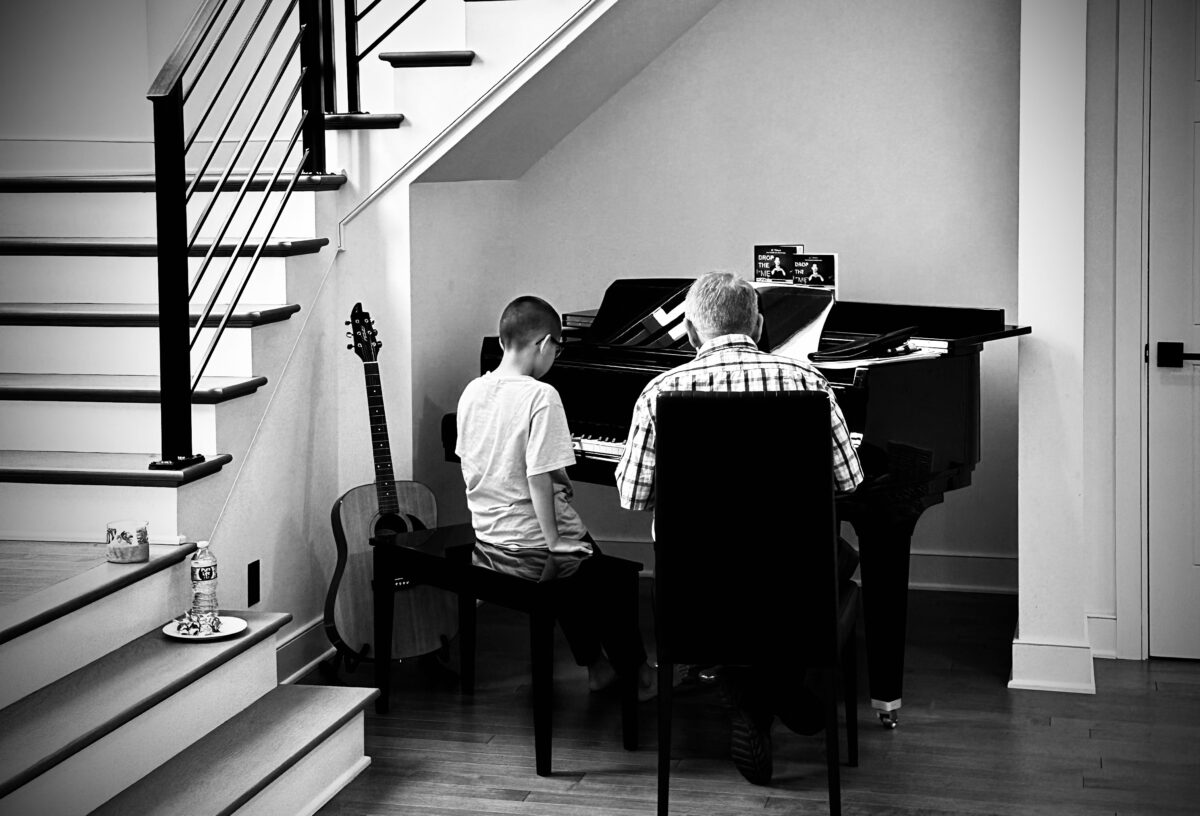In our increasingly fast-paced world, time has become a precious commodity. It’s a resource that, once spent, cannot be replenished. This realization places a spotlight on how we choose to spend our time and what we choose to focus on each day. In Di Tran’s soon-to-be-released book, “Drop the FEAR and Focus on the FAITH,” this concept is explored in a way that challenges conventional thinking.
Time as the Currency of Life
Many of us find ourselves preoccupied with the fear of failure, the fear of judgment, or the fear of the unknown. These fears often immobilize us, robbing us of the time we could spend pursuing meaningful goals or forging authentic connections. According to Di Tran, the real fear should not be in the potential risks associated with pursuing our dreams, but rather in the inaction and time-wasting that leaves us stagnant.
Aligning with Di Tran’s Philosophy
In “Drop the FEAR and Focus on the FAITH,” Tran emphasizes that focusing on faith in ourselves, our capabilities, and our path allows us to shed the paralyzing fears that keep us from living a life of purpose and meaning. By embracing faith, we can reframe our relationship with time, viewing it not as something to be feared or wasted but as a precious currency to be invested wisely.

FEAR: False Evidence Appearing Real
Di Tran introduces the concept that FEAR is often based on “False Evidence Appearing Real.” When we allow these unfounded fears to dictate our actions, we are essentially squandering our limited time. In contrast, faith empowers us to act with conviction, aligning our time and energy with our values, passions, and purpose.
Action as the Antidote to Fear
The real fear, as Di Tran argues, should be in inaction and in not finding meaning in our lives. Our time is limited, and how we spend it today shapes our future. By taking positive actions in line with our faith and goals, we can turn time into an asset rather than a constraint.
Conclusion
“Drop the FEAR and Focus on the FAITH” is more than just a call to action; it’s a profound insight into our relationship with time, fear, and faith. By recognizing that time is the true currency of life, we can shift our focus from our fears to our faith, embracing our potential and spending our time on pursuits that enrich our lives.
Di Tran’s book challenges us to evaluate how we are spending our time today, inspiring us to drop the fears that hold us back and focus on the faith that propels us forward. In doing so, we make the most of the precious and limited time we have, turning it into a tool for growth, meaning, and fulfillment.






